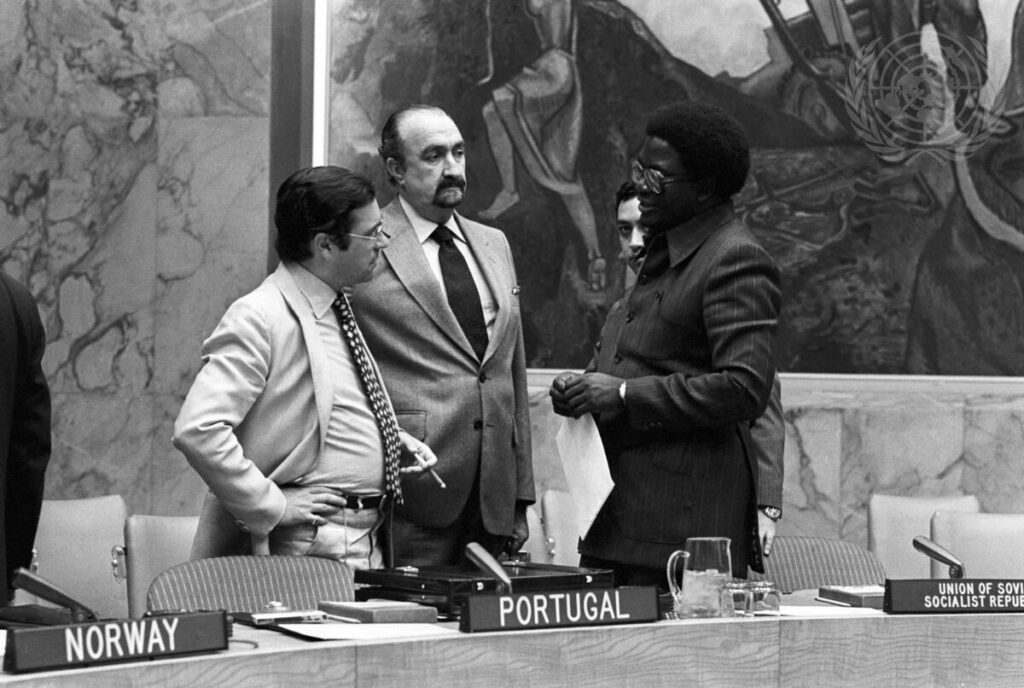Carefully sandwiched between Jimmy Carter’s high-risk visit to Egypt and Israel and the signing of those countries' peace treaty, the Carter administration allows the U.N. Security Council to deplore Israeli settlement building and demographic changes in Jerusalem.
Reliable resources for deeper Israel understanding
Embrace informed content on Israel, the Middle East and the Diaspora.
Begin with 7 days free to explore CIE’s rich sources, expert analyses and guided knowledge building.
$39 / year
JOIN CIE+
Already have a CIE+ account?
SIGN IN










